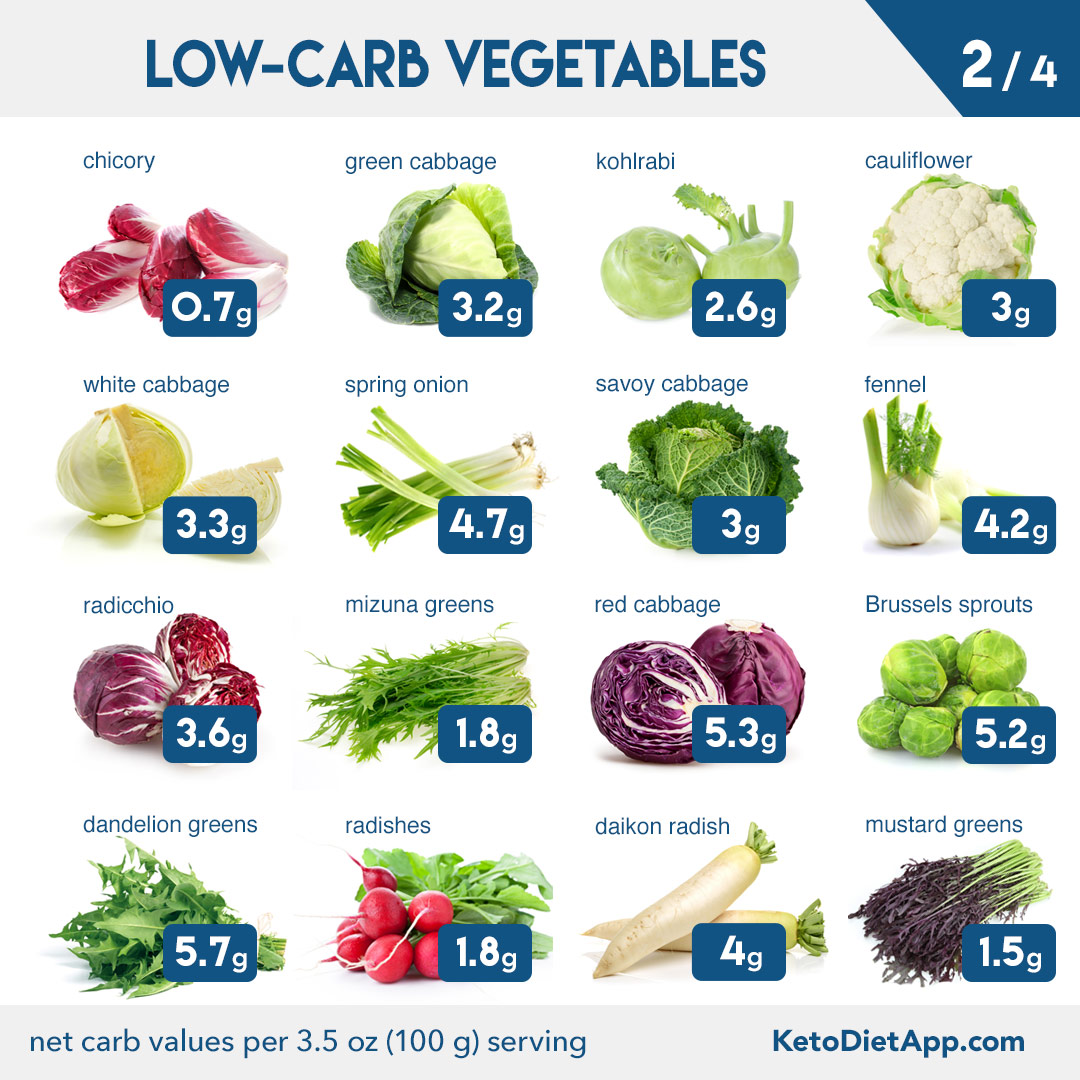
Smart Ways to Understand if Carbs Lead to Weight Gain in 2025
As we advance towards 2025, understanding the connection between carbohydrates and weight gain remains crucial. With the ongoing debates in nutritional science, it's essential to discern whether do carbs make you gain weight. Many individuals often wonder whether do carbohydrates cause weight gain or if this is just a myth perpetuated by diet trends. For years, carbs have been vilified in the weight management discussions, but recent studies suggest a more nuanced approach to carbohydrate weight gain.
This article aims to explore the relationship between carbs and weight loss, the science behind eating carbs and weight gain, and articulating whether carbs make you fat. You'll also learn about how carb consumption impacts weight and effective strategies for carb intake weight loss. By breaking down these elements, you'll gain a better understanding of the metabolic role of carbs in your diet.
Key topics included are:
1. The science connecting carbs to weight gain.
2. Healthy ways to incorporate carbs into your diet.
3. Myths surrounding carbs and their impact on health.
4. Personalized nutrition advice regarding carbohydrate intake.
Understanding the Science Behind Carbs and Weight Gain
Building on the fundamentals of carbohydrate metabolism, it’s vital to analyze how carbs interact with our bodies and contribute to weight management. The question, how do carbs affect weight, revolves around several factors like the type of carbohydrates consumed and the overall diet quality.
The Role of Carbohydrates in Energy Production
Carbohydrates are typically classified into simple and complex carbs. Simple carbohydrates, found in sugary snacks, can spike insulin levels, leading to fat storage. On the other hand, complex carbohydrates, such as whole grains and legumes, provide a more stable energy release, which can aid in weight management. Understanding this can help distinguish between good carbs and those that might contribute to weight gain.
Carbohydrates and Insulin Response
The metabolic impact of carbohydrates involves their effect on insulin levels. High insulin can cause fat storage, while controlled carbohydrate consumption can aid in weight loss. This leads to the query, are carbs bad for weight loss? The answer is situational based on types and timing of carb intake.
Carbs, Satiety, and Appetite Control
Dietary fiber, a crucial component of healthy carbohydrates, plays a significant role in satiety. Eating fiber-rich carb sources can enhance fullness and reduce cravings, making it easier to control caloric intake. Thus, an understanding of carbs and appetite directly influences weight management strategies.
Healthy Carb Choices for Weight Management
With these basics established, let’s explore how to make healthy choices in your carbohydrate intake. An effective carb strategy focuses on selecting the right types of carbs while also emphasizing moderation.
Balancing Carbs in Your Diet
When you think about weight gain and carbs, consider the idea of balance rather than elimination. Incorporating nutrient-dense carbs, like whole grains, fruits, and vegetables into your meals can help maintain stable energy levels. The benefits of adding healthy carb choices include improved metabolic health and enhanced energy levels.
Carb-Laden Foods to Avoid
Reducing carb-laden foods that are refined and high in sugars can significantly improve weight management. It’s essential to be mindful of hidden sugars in foods and beverages. Opting for whole food sources minimizes the intake of empty calories that contribute to weight gain.
Portion Control with Carbs
Managing portion sizes of carbohydrate-rich foods is crucial. Learning about portion control allows individuals to enjoy their favorite carbs while maintaining a calorie deficit necessary for weight loss. This practical approach can be a game-changer in weight management journeys.
Debunking Myths About Carbs and Weight Gain
Following this approach, let’s tackle common myths surrounding carbs. Many people erroneously believe that simply consuming carbs leads to weight gain, which oversimplifies the topic.
Myths About Carbs and Weight Loss
One prevalent myth is “do simple carbs lead to weight gain?” Without context, this statement may mislead individuals into avoiding all carbohydrates entirely. Not all carbs are created equal, and the consumption of whole, unprocessed carbohydrates has been shown to support weight loss.
The Glycemic Index and Weight Management
The glycemic index (GI) of foods also plays a significant role in understanding carb consumption. Foods with a low GI lead to slower absorption rates and are beneficial for managing carbs and calorie intake effectively. These choices can help in long-term weight loss strategies.
Practical Tips for Managing Carbohydrate Intake
To effectively manage carbohydrate intake, it’s essential to apply practical tips based on recent scientific research. This section will address how to seamlessly integrate these strategies into daily life.
Tracking Carbohydrate Intake
Keeping track of carbohydrate intake is a great way for individuals to understand their eating habits and make informed choices. Several apps and tools can assist in monitoring daily carb consumption, paving the way for healthier eating patterns.
Understanding Dietary Sources of Carbs
Education on carbohydrate sources—whether from fruits or whole grains—can enable healthier eating decisions. Being aware of the fundamental differences between healthy and unhealthy carbs supports long-term adherence to a balanced diet.
Consult with Nutritionists for Personalized Carb Intake
For those struggling with carb management, consulting a nutritionist can provide personalized advice according to individual goals and lifestyle. Understanding carb needs based on one’s exercise regime or metabolic rate can optimize a weight management plan.
Conclusion: The Path Forward with Carbohydrates
In conclusion, navigating the complexities of carbs and body composition requires knowledge and awareness. Carbohydrates are not inherently bad; rather, the focus should be on choosing nutrient-dense sources and mindful eating strategies. Clear distinctions between carb intake and weight loss can lead to better outcomes for those aiming for healthier lifestyles. Remember, all food groups play a role in our overall diet; it’s how they are integrated that matters most.